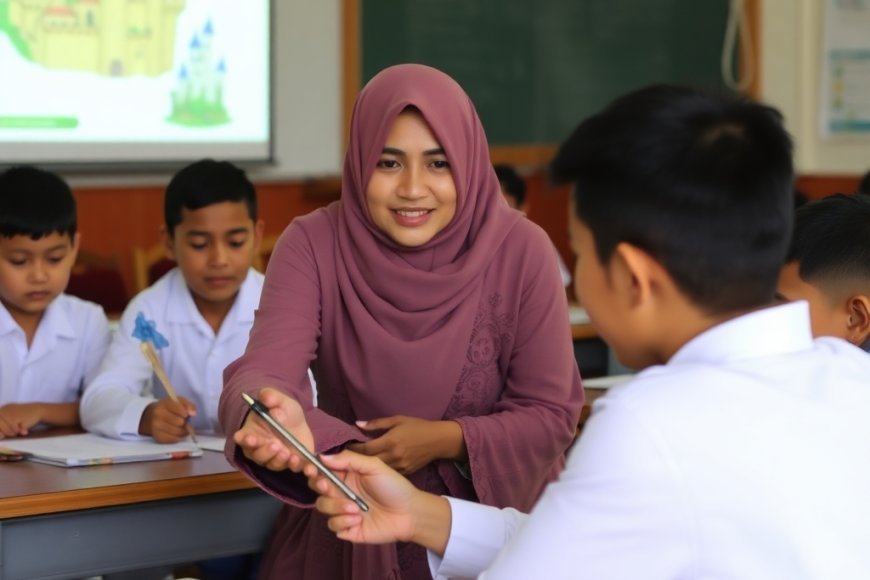Under the leadership of President Prabowo Subianto, a series of eagerly anticipated new policies have been announced for teachers across the country. These policies aim to enhance the welfare and quality of education in Indonesia. One key point in these policies is the increase in teacher salaries. Civil servant teachers will receive a one-time basic salary increase, while non-civil servant teachers will receive an additional professional allowance of Rp2 million.
The salary increase has been warmly welcomed by teachers, considering their crucial role in shaping the future generations of the nation. In addition to the salary increase, the government is committed to improving the quality of education by providing various facilities for teachers. One of these is an educational assistance program for teachers who do not yet have a bachelor’s or master’s degree. Approximately 249,623 teachers will have the opportunity to further their studies at a higher level.
This program is expected to enhance teachers’ competencies and have a positive impact on classroom learning quality. Furthermore, the government will provide cash assistance to non-civil servant teachers who are not certified. The amount and number of recipients of this assistance will be announced in 2025. This cash assistance is intended to help alleviate the burden on non-civil servant teachers and motivate them to continue contributing to the field of education.
In improving the quality of learning facilities, the government has allocated Rp17.15 trillion for the renovation of 10,440 public and private schools. With these renovations, it is hoped that students can learn in a more comfortable and conducive environment. Additionally, the government will organize the Teacher Profession Program (PPG) for 806,486 teachers who have met the bachelor’s/master’s degree qualifications to enhance their pedagogical competence and professionalism.
It is hoped that with these policies, teachers can focus more on their main tasks of teaching and educating students. Furthermore, it is also hoped that the quality of education in Indonesia can significantly improve. Overall, these policies are expected to bring new hope to the education sector in Indonesia. With the support of all stakeholders, the aspiration for quality and equitable education can be achieved.

